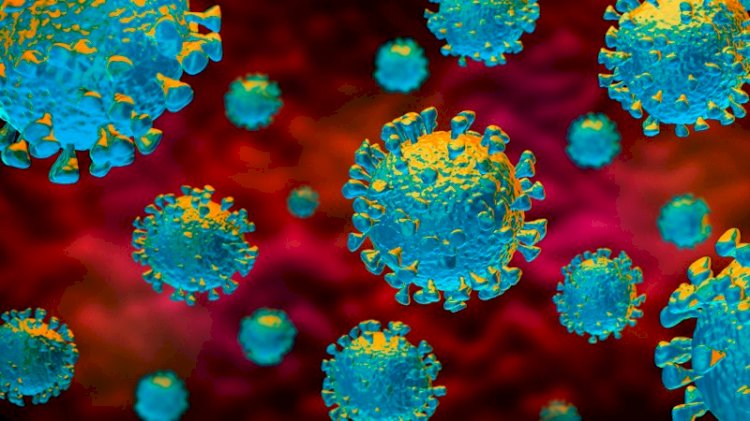COVID-19: British Company Invents 10-Minute Coronavirus Test, Costs $1
Health technology firm Mologic, which created one of the first at-home pregnancy tests, is aiming for the test to be rolled out by as early as June if the trials are successful.

A British company behind a 10-minute coronavirus antibody test, which will cost about a $1, has begun sending prototypes to laboratories for validation, which could be a game-changer in the fight against the pandemic outbreak.
Health technology firm Mologic, which created one of the first at-home pregnancy tests, is aiming for the test to be rolled out by as early as June if the trials are successful.
Antibody tests are designed to establish whether people have previously been infected, as oppose to antigen tests which show if someone actually has the COVID-19 disease caused by the virus.
Mologic said assessment and validation of its COVID-19 diagnostic test had begun this week at the Liverpool School of Tropical Medicine and St Georges hospital, and that global partners would also examine the prototypes.
Joe Fitchett, Mologic medical director, said that while many companies were working on virus diagnostics, the aim was to create cheap, widely available tests.
“They must be made available to the vulnerable and most precious in society, in the UK or elsewhere,” he told newsmen.
“I would be really disappointed to see a good test that is shown to work to be sold on Amazon only be used by a tiny proportion of the population.”
COVID-19, the highly infectious respiratory disease caused by the new coronavirus, has no vaccine or known treatment regiment.
Until a vaccine is ready, widespread testing is seen as one of the most important strategies used to slow the spread of the contagion in an attempt to prevent already stretched healthcare systems from being overrun.
Earlier this month, World Health Organization chief Tedros Adhanom Ghebreyesus urged countries to build up their testing capacity to curb the spread of the coronavirus pandemic, calling them to "test, test, test".
"The most effective way to prevent infections and save lives is breaking the chains of transmission. And to do that, you must test and isolate," he told newsmen.
READ ALSO:
COVID-19: Prime Minister Boris Johnson tests positive
"You cannot fight a fire blindfolded. And we cannot stop this pandemic if we don't know who is infected."
With tests at advanced, centralised laboratories still costly and taking hours to complete, scores of companies worldwide are working to develop rapid, easy-to-use kits and then distribute them widely - but questions remain over their accuracy.
Price and availability, however, are not the only barriers to widespread use. By developing a test that can be done at home without any need for electricity, the researchers in Senegal say it can be of particular use in rural communities where power is limited and laboratories are near inaccessible.
Their test can be done in two different ways - using saliva or blood. Those with an active infection would use a saliva swab to detect the new coronavirus, while those with a previously undetected case would use an at-home finger prick test to check for coronavirus antibodies.
There are currently more than 2,800 confirmed cases in 45 of the continent's 54 countries. While that is still significantly lower than the current epicentre in Europe, some analysts fear Africa is on course to follow a similar trajectory.






































